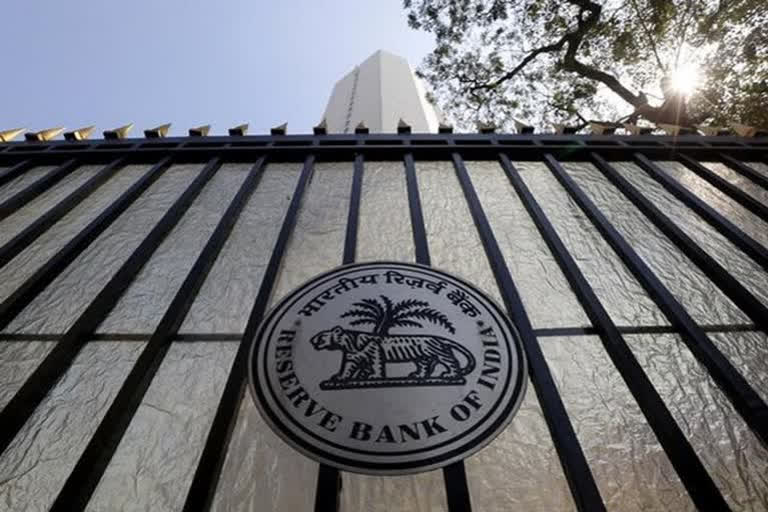Business Desk, ETV Bharat: Even though India’s inflation-targeting monetary policy framework has broadly served its purpose effectively in the last five years, the government should still reconsider the inflation tolerance limit when it comes up for a review after March 2021, according to experts.
In a chat with ETV Bharat, banking expert K. Srinivasa Rao, currently professor at the Institute of Insurance and Risk Management, said that the inflation tolerance range could be widened slightly for a developing country like India that is aiming to become a $5 trillion economy.
Notably, the central government in 2016 had set a consumer price index (CPI)-based inflation target of 4% with ± 2% tolerance band for the period from 5 August 2016 to 31 March 2021. As the dates suggest, this mandate was for five years and will come up for review in March 2021.
Rao said the tolerance band could now be extended to up to ±3% for a speedier recovery of the Indian economy that lost pace in 2020 due to the coronavirus pandemic.
“The revision of inflation tolerance levels should be put to policy debate and adequate discussion should happen before deciding the next target,” he added.
Meanwhile, Amol Agrawal, assistant professor in the department of economics and public policy at Ahmedabad University, believed that the ± 2% tolerance band is already on the higher side and the government should consider lowering it a bit.
“I think the band should ideally be narrower than the current 2-6% range for more precise inflation-targeting framework,” said Agrawal. Though he added that it would not be easy to do so in India given the volatility in food prices and would be possible only as the monetary policy framework matures with time.
Notably, the current inflation target band of 400 basis points is already the widest in Asia. Still, there were speculations that the government may relax the target band further to provide RBI with some more room to support growth at a time when the country’s gross domestic product (GDP) has contracted for two straight quarters.
However, RBI governor Shaktikanta Das earlier this month dismissed these rumours, saying that any change in the inflation target band or monetary policy framework is unlikely.
Read more: Nearly 80% MSMEs were not able to repay loans amid pandemic, says RBI
“If you make the band too wide, then targeting loses its meaning,” Das had said in an interview to a leading financial daily.
Also, an RBI paper authored by deputy governor Michael Debabrata Patra and another official Harendra Kumar Behera released on Monday said that maintaining 4% CPI inflation is appropriate for India as targeting a lower rate could impart deflationary bias to the monetary policy.
The paper also argued that there was a steady decline in trend inflation since 2014 to 4.1-4.3% just before the time Covid-19 struck, which too points to maintaining the inflation target at 4% for India.
Trend inflation is basically the level to which actual inflation outcomes are expected to converge after short-run fluctuations from a variety of sources die out, explained the paper.
Adhering to the limits
Agrawal also demanded that the monetary policy framework should have a more dynamic approach in dealing with the breaches in the inflation tolerance limit.
Currently, as per the law, only if RBI fails to meet the inflation target for three consecutive quarters, it is supposed to send a report to the central government stating reasons and remedial actions that will be taken.
“Three quarters is too long a time… that too with such a broad inflation range. Compare this with say the Bank of England, which sends a similar report even if the inflation target is breached just for a month,” said Agrawal.
To recall, CPI inflation breached the tolerance limit in India for most of 2020, exceeding the 6% mark in all months except March, when it stood at 5.9%. That one month helped RBI escape from explaining to the government on what was driving up prices.
“This time duration of three quarters is not thought through well enough in the current monetary policy framework and should be relooked into,” said Agrawal.




